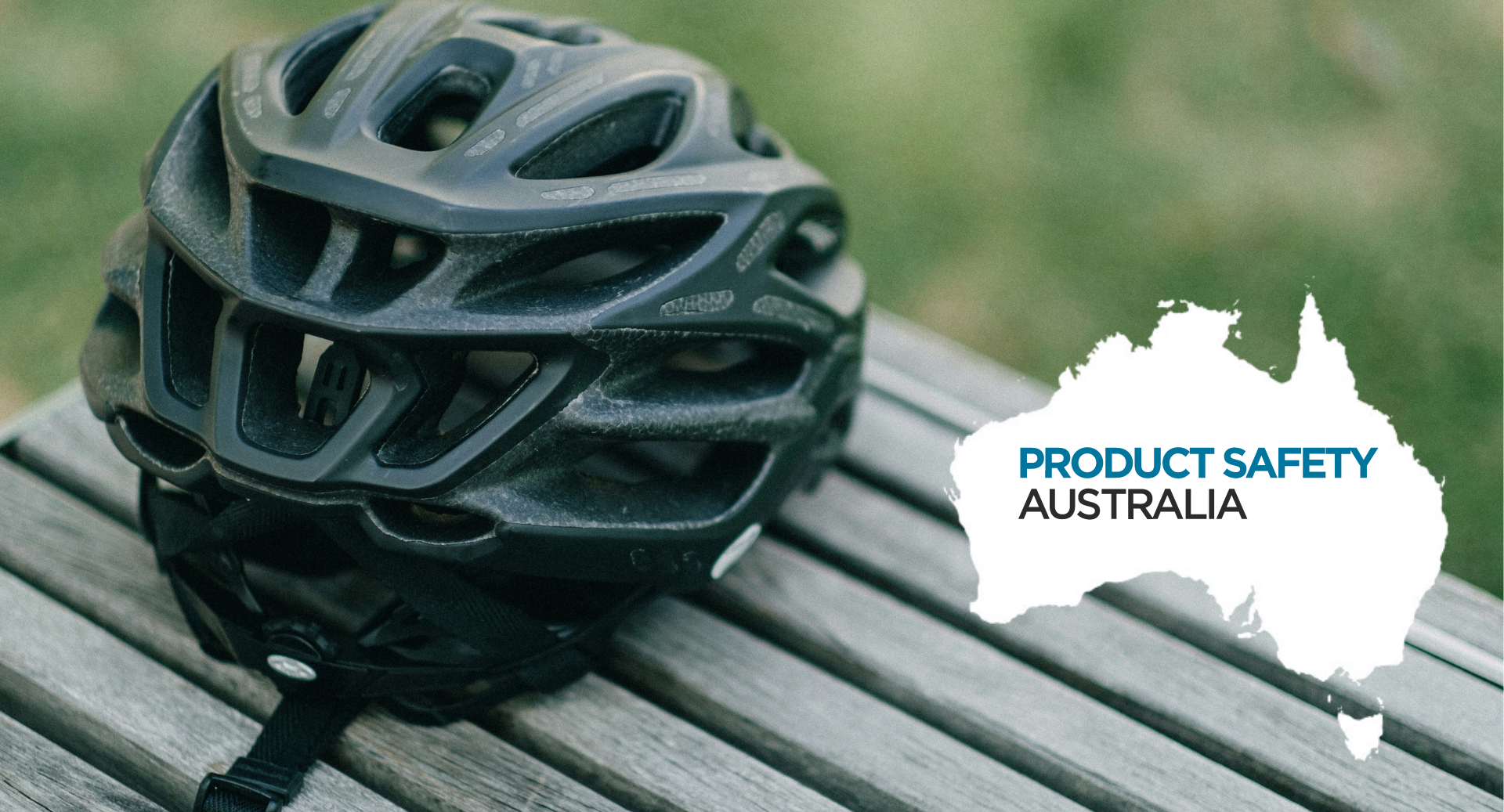
In today’s globalized textile industry, ensuring the quality and compliance of apparel products is essential for businesses to thrive. From shoes and everyday garments to work-related wear and athletic apparel, textiles play a vital role in our daily lives. To meet customer expectations, mitigate risks, and adhere to regulatory standards, textile testing is a necessary step for manufacturers to take before going to market. This article explores the significance of textile testing and its role in ensuring product quality and safety.
Types of Textile Testing
General Garments and Apparel
Garments made to be sold in the United States have to meet a variety of standards including labeling requirements, fiber type, fiber count, and quality assurance standards. Certain types of garments, such as children’s sleepwear, also need to meet flammability testing requirements. Our labs can help you meet both mandatory and voluntary standards before bringing your apparel to market.
Specialized Fabric Testing
If the garments you sell are designed for certain functions such as being waterproof or chemical-proof, proper testing is a requirement before labeling your products. Our tests can check for the following qualities in your textiles:
- Moisture-wicking
- Waterproof
- UV-protective
- Anti-bacterial
- Oil repellent
- Chemical proof
- Tear-proof
- Ability to withstand heat or fire
Footwear
From everyday footwear to specialized footwear, many shoes should undergo testing to ensure quality and safety. For example, OSHA requires that steel-toe boots must have a leather upper, have oil-resistant and non-skid soles, and must comply with ASTM 2413-05 with an impact resistance rating of 75 and a compression resistance rating of 75. Our labs can perform tests to certify your footwear for industry-specific standards.
Restricted Substances
Chemical restrictions that limit the use of heavy metals such as lead or cadmium exist in almost every market. While there are general requirements for banned or limited substances in the US, Canada, and the EU, certain regions may have their own requirements. CA Proposition 65, for example, limits the amount of chemical exposure a product can pose without having to provide consumers with a warning. Our labs can provide comprehensive chemical testing that ensures the safety of your product.
Quality Testing
Optional testing for durability, color fastness, and how well a garment holds up after wear and tear are all tests we can perform. These tests can ensure the quality of your product and provide you with valuable marketing claims based on third-party testing.

ISO Textile Testing
ISO 12947 Series: Evaluating Abrasion Resistance
ISO 12947 outlines procedures for evaluating the abrasion resistance of fabrics. It includes requirements for the Martindale testing apparatus, which is commonly used for abrasion testing. The standard covers aspects such as determination of specimen breakdown, measurement of mass loss, and assessment of changes in appearance caused by abrasion.
ISO 6330: Domestic Washing and Drying Procedures
ISO 6330 outlines a set of procedures specifically for domestic washing and drying, which are used to evaluate the attributes of fabrics and the performance of various textile products including apparel and home products. These procedures cover evaluations such as smoothness appearance, dimensional change, stain release, water resistance, water repellency, colorfastness to domestic laundering, and care labeling.
ISO 105 Series: Assessing Colorfastness
The ISO 105 series encompasses a range of methods designed to assess the colorfastness of textiles in different conditions and environments. These methods evaluate the resistance of textile colors to factors such as rubbing, organic solvents, as well as exposure to nitrogen oxides during combustion and elevated temperatures.
ISO 12945 Series: Assessing Pilling, Fuzzing, and Matting
The ISO 12945 series provides a standardized method for determining the resistance of textile fabrics to pilling, fuzzing, and matting. These tests employ a rotating pilling box apparatus, enabling fabrics to be ranked based on their susceptibility to pilling, fuzzing, and matting during normal wear and usage.
About ACT-LAB
ACT-LAB is an ISO/IEC 17025 accredited laboratory that conducts consumer product safety and compliance testing for an active world. We can help ensure that your products both meet industry standards and are inspected to ensure the utmost quality.
To learn more about our tests contact us today.
Read more about our accreditations here.
 ISO/IEC 17025 Accredited Independent Testing Laboratory
ISO/IEC 17025 Accredited Independent Testing Laboratory








